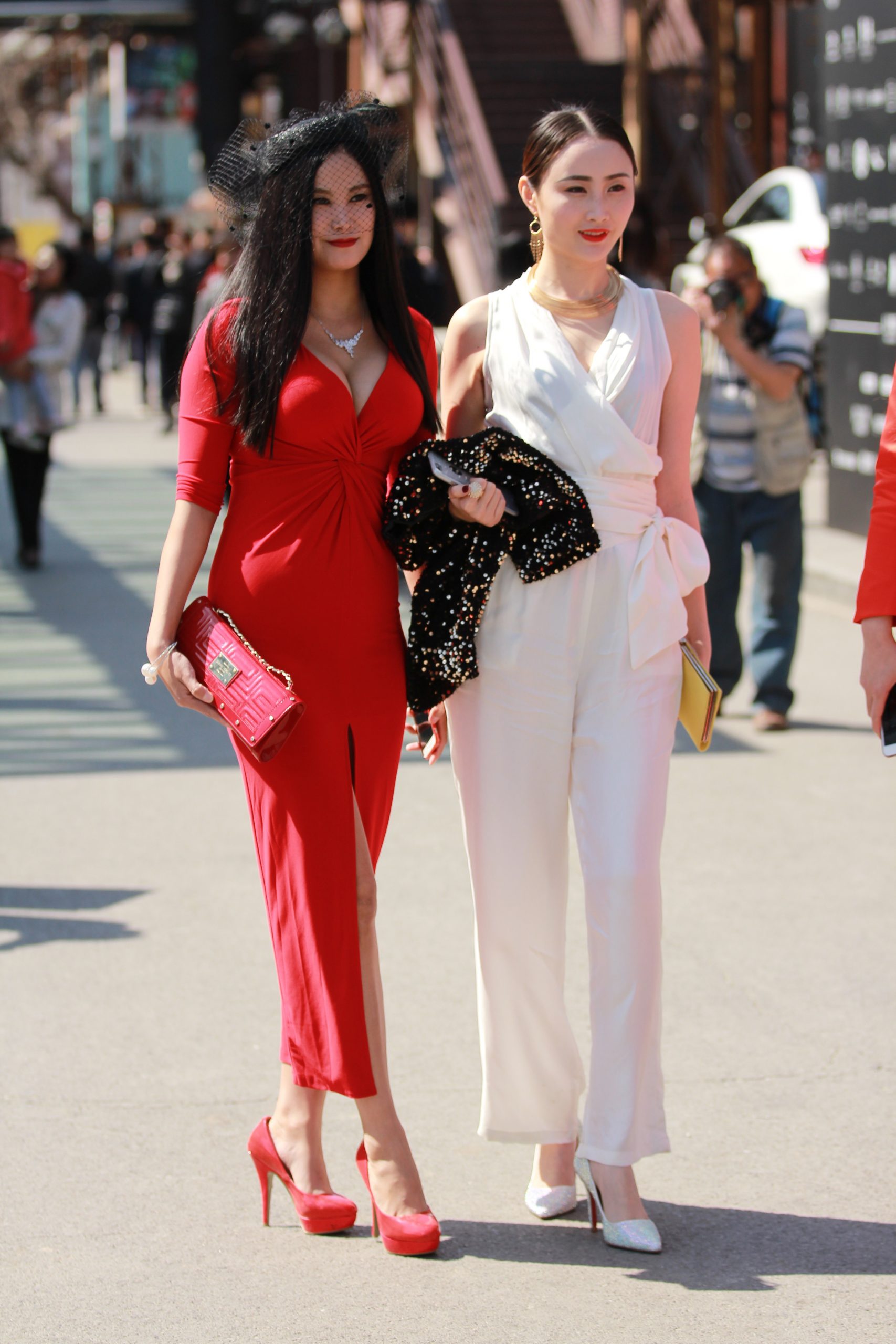Perfume, an enchanting blend of fragrances, has captivated human senses for centuries. Its ability to evoke emotions, conjure memories, and express individuality makes it an integral part of our daily lives. In this article, we dive into the rich history of perfumery, its intricate manufacturing process, the science behind fragrance pyramids, the diversity of notes in perfumery, and how cultural nuances shape our scent preferences. Join us as we explore the multifaceted world of perfume, understanding its allure and the impact it holds in society.
The Historical Essence of Perfume
The journey of perfume began in ancient civilizations, where it played a significant role in religious and social rituals. Egyptians used perfumed balms and oils for ceremonial purposes, while the Romans and Greeks advanced the art of perfumery by experimenting with various ingredients. The Middle Ages saw the further refinement of perfume-making in Europe, particularly in France, where it became a symbol of luxury and sophistication. The evolution of perfume reflects a tapestry of cultural influences and technological advancements.
Behind the Scenes: The Art of Perfume Manufacturing
Creating a perfume is a meticulous blend of art and science. It starts with the extraction of natural essences from flowers, spices, and woods. Modern perfumery also utilizes synthetic compounds, broadening the palette of scents. The process involves careful blending of these ingredients, typically by skilled perfumers known as ’noses‘, to create a harmonious and appealing scent. The complexity of this process determines the quality and character of the final product.
Decoding the Fragrance Pyramid
At the heart of every perfume lies the fragrance pyramid, a concept used to describe the layers of scents. It comprises top notes (the initial, light aromas), middle notes (the heart of the perfume), and base notes (long-lasting, deep scents). Understanding this pyramid is essential in appreciating how a perfume evolves and interacts with the wearer’s skin over time.
Exploring Notes in Perfumery
Perfumery is an art form that uses a wide range of notes to create unique fragrances. These notes, categorized into floral, citrus, woody, oriental, and more, combine to form a perfume’s distinctive aroma. Each note plays a pivotal role in the overall fragrance, contributing to its complexity and appeal.
Cultural Scents: Perfumery Across the Globe
Cultural differences significantly influence perfume preferences. For example, Western scents often lean towards lighter, floral notes, while Middle Eastern fragrances traditionally favor stronger, oud-based aromas. These preferences reflect not only geographical but also cultural, historical, and even climatic factors.
Perfume Today: Trends and Statistics
According to industry statistics, the global perfume market is experiencing dynamic shifts. There’s an increasing demand for natural and sustainable fragrances, reflecting a growing consumer awareness of environmental and health concerns. Trends also show a rise in personalization and niche perfumes, as consumers seek unique scents that represent their individuality.
The Dual Edges of Perfume: A Critical Perspective
While perfume is celebrated for its artistry and cultural significance, it also faces criticism. The use of certain synthetic chemicals has raised health concerns. Additionally, the environmental impact of perfume manufacturing, particularly concerning sustainability and animal testing, has become a topic of ethical debate. Socially, perfumes play a complex role in shaping identity and conforming to societal norms, raising questions about inclusivity and diversity in the industry.
Conclusion
The world of perfume is as complex as it is fascinating, blending art, science, and culture. Its evolution from ancient rituals to modern luxury symbolizes a journey through human history and creativity. As we continue to explore and innovate in the realm of scents, perfume’s enduring charm and its impact on our lives remain undeniable.
Opinion
In critically assessing the world of perfume, we acknowledge its enchanting allure and the personal expression it offers. However, it’s crucial to balance this admiration with an awareness of the broader implications, including health, environmental, and societal considerations. Embracing sustainable practices, ethical sourcing, and inclusivity can ensure that the beauty of perfume is preserved and appreciated in a responsible and forward-thinking manner.










